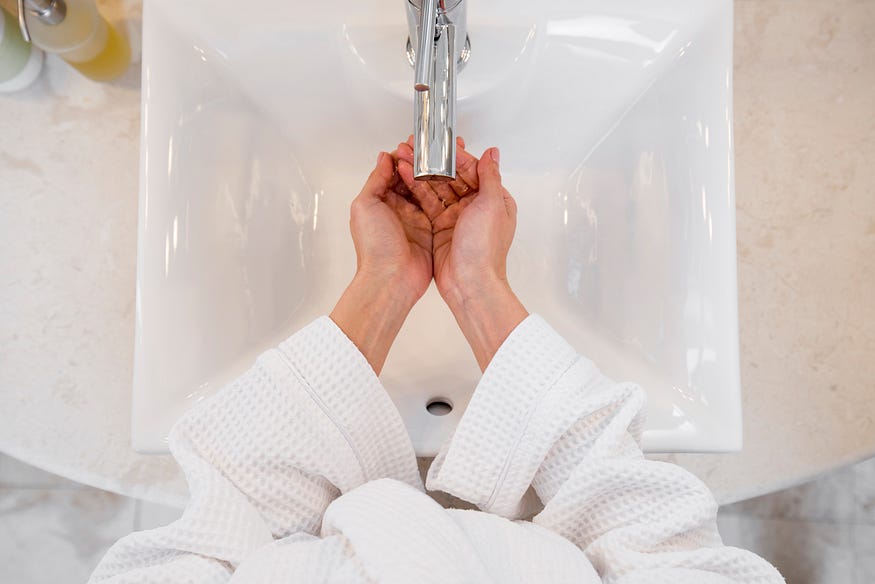How To Manage Fine Lines & Wrinkles With Face Cupping?


This is a common question, I usually come across whether the Hijama breaks Wudu.

According to the Islamic point of view, there are two schools of thought whether cupping breaks wudu or we can perform salaah after cupping without performing ablution.
Wudu is an Islamic ritual performed by Muslims before prayer. It involves purifying body parts with water and, in some cases, tayammum—Wudu emphasis on spiritual and physical cleanliness. Muslims can’t pray without wudu. Let’s explore the options that break wudu.
According to the majority of scholars including the companions of our Holy Prophet (P.B.U.H), bleeding doesn’t break wudu other than coming from male and female sexual organs.
A Hadith mentions that Our Holy Prophet (P.B.U.H) performed Hijama and prayed salaah without performing wudu. However, the narration is weak.
On the authority of Anas (R.A), the Prophet engaged in cupping and prayed without performing ablution (Wudu). He did not do anything beyond washing the area of cupping. (Sunan al-Darqutni, 554)
Wudu is typically broken by specific actions like using the restroom, sleeping, or losing consciousness. Since cupping involves no such actions, it is usually considered to maintain the state of purity essential to say a prayer.
According to another school of thought, bleeding from the nose or anywhere on the body breaks the wudu. Blood coming from the nose or from incisions of cupping nullifies the wudu because that blood is considered an impurity that comes out of the body. This impurity is like that which flows out of the sexual organs. To perform salaah, one has to perform a fresh wudu.
To conclude the discussion, Even though there isn’t much evidence to support this opinion, it is better to conduct a wudu (ablution) to prevent the confusion of the difference of opinion.
Comments
Post a Comment